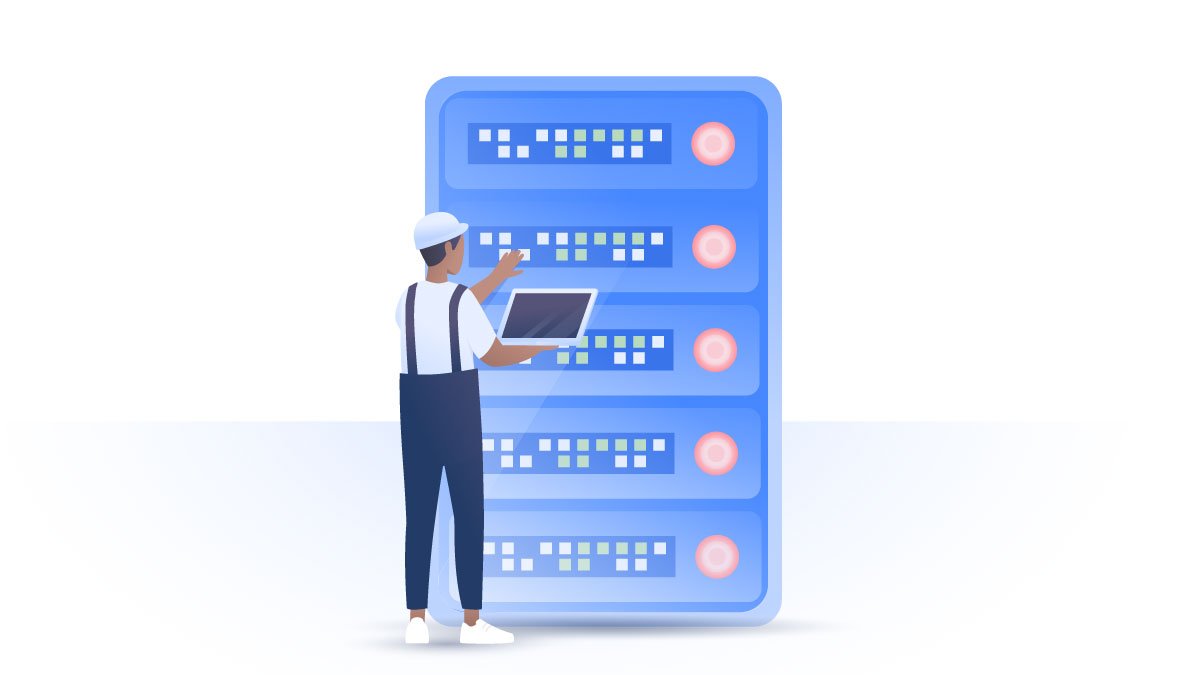Is it safe to store credit card details online?
Online shopping and digital payments have become an integral part of our lives, but it comes with a cost. Thousands of people fall prey to hackers every day and lose their hard-earned money. Most online payment platforms and websites offer to save your credit card details for later, promising to keep them safe. But is it a good idea to hand your banking information to third parties and access them on your device?
Carlos Martinez
Nov 06, 2021 · 3 min read

Why do hackers love Black Friday?
People spend billions of dollars during Black Friday, Cyber Monday, and pre-Christmas time, trying to grab the best deals online and save a buck. In 2020, during Cyber Monday, customers in the US spent a whopping $10.8 billion dollars. No wonder that hackers want to have their share of this huge pie.
Criminals can create fake websites, trick users into revealing their credit card details, and wipe out your bank account. Malicious emails and ads are also a popular way of scamming customers, as fraudsters impersonate well-known brands, online shops, and banks. If you accidentally click on a link in a phishing email, you might get your device infected with malware, allowing hackers to monitor your online activities and intercept your data.
If you think that only naive people lose their money to such scams, you couldn’t be further from the truth. Anyone can get scammed online, unless they take security precautions.
Should you save your banking details for later?
Many online retailers and shopping apps encourage customers to save their credit card information so they can use it later. While many users go for this option, cybersecurity experts don’t think this a good idea.
You can never be sure how your banking details will be stored and who will have access to them. Data breaches are also a common problem that could put thousands of people at risk.
In 2018, British Airways suffered a major breach that affected around 420,000 customers, as their card payment details, names, and home addresses were stolen. If a company the size of British Airways can be hacked, no one can be safe.
Entering your credit card details every time you buy something online might not seem convenient, but this is the right thing to do. The internet is not a safe place and you shouldn’t trust third parties with your details. And yet, many people choose to store their banking information on their smartphones, laptops, and online shops.
The habit of storing banking details
When it comes to storing credit card details, people around the world have very different habits. NordVPN’s research has shown that almost half of Americans (43.9%) store their banking information on their personal devices, followed by Spaniards (39.3%), Canadians (38.6%), and Australians (38%).
Many customers are still unaware of how hostile the internet can be. Various surveys have revealed that at least half of users don’t lock their phones. This means that even a random stranger could access your social media accounts, emails, notes, and payment platforms without any additional effort.
While the Polish (25%) and Dutch (25.6%) care about their credit card safety the most among the surveyed countries, the percentage of people risking their security is still too high.

How to shop online safely
Research retailers online. Never rush to make a purchase without doing proper research on the retailer. Check the reviews on various platforms and only then start spending money. Make sure there’s a lock symbol next to the URL, indicating that the website is secure.
Use strong passwords. Protect your accounts with complex passwords that contain upper-case and lower-case letters along with numbers and special characters.
Don’t click on suspicious links. Closely inspect every email you receive and never click on any links. Hackers can impersonate online shops and redirect you to malicious websites.
Don’t store your payment details on websites or your device. Type your credit card information manually and never choose the option to store it for later.
Use a VPN. A virtual private network encrypts your traffic and hides your IP address, improving your online security and privacy. If you make purchases on public Wi-Fi, using a VPN is a must. Hackers can create a fake hotspot, infect your device with malware, and exploit your traffic. With one NordVPN account, you can protect up to six devices: laptops, tablets, smartphones, and more. The app even has the CyberSec feature, which blocks websites known for storing malware and annoying ads.



